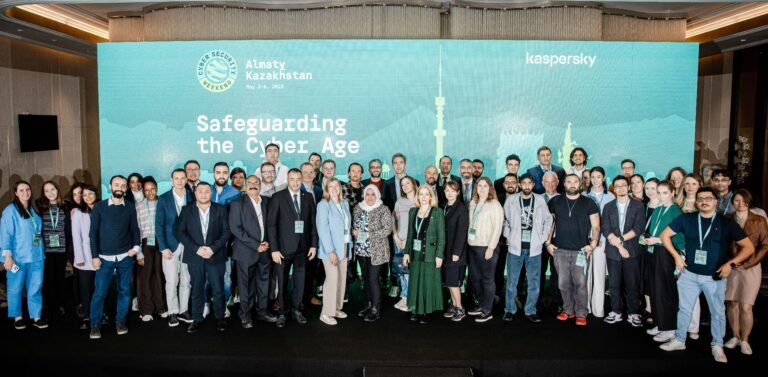Experts from Russian cybersecurity firm, Kapersky have shed light on the evolving cyberthreat landscape in Global South regions, doing so during the 9th annual Cyber Security Weekend – META 2024, hosted in Kuala Lumpur, Malaysia.
The discussions focused on the security implications of emerging technology trends such as Artificial Intelligence (AI) and threats targeting industrial control systems within critical infrastructure across the Middle East, Africa, and Asia.
Speaking on the evolution of cyberthreats, Director of META Research Center Global Research and Analysis Team (GReAT) at Kaspersky, Amin Hasbini, noted, “as the cybersecurity landscape evolves, cyber threats continue to become diverse and sophisticated. This trend is particularly evident due to the emergence of advanced technologies like AI and the escalating geopolitical and economic turbulence within the Middle East, Turkiye, Africa (META) region. These factors collectively contribute to the surge in cybercrime and the heightened complexity of cyberattacks,”
At the forefront of the discussions was Kaspersky’s Cyber Immunity approach, highlighting its efficacy in creating solutions that are highly resistant to compromise, thereby minimising potential vulnerabilities.
In the African region, Kaspersky’s telemetry revealed significant insights. While South Africa witnessed a notable decrease of 29% in overall cyberthreats in 2023 compared to 2022, phishing attacks leveraging social engineering tactics surged by 29%. Kenya experienced an 8% decrease in overall threats, but showed an alarming 68% spike in ransomware attacks, 47% in backdoors, 22% in exploits by, and 19% in phishing. Nigeria, meanwhile, saw an overall decrease of 10% in threats, with banking malware attacks rising by 8%.
Additionally, Kaspersky’s analysis revealed variations in online threats caused by vulnerabilities on web pages, emails, or webservices across the region. Turkiye topped the list with the highest number of users affected by online threats (41.8%), followed by Kenya (39.2%), Qatar (38.8%), and South Africa (35%). However, fewer users were impacted in Oman (23.4%) and Egypt (27.4%), with Saudi Arabia (29.9%) and Kuwait (30.8%) following suit.

About Kapersky
Kaspersky, a global cybersecurity and digital privacy company established in 1997, continues to leverage its deep threat intelligence and security expertise to develop innovative solutions and services. With a comprehensive security portfolio catering to businesses, critical infrastructure, governments, and consumers worldwide, Kaspersky safeguards over 400 million users and supports more than 220,000 corporate clients in protecting against evolving digital threats.
Source: APO Group
By Derrick Kafui Deti – Digital Economy Magazine




